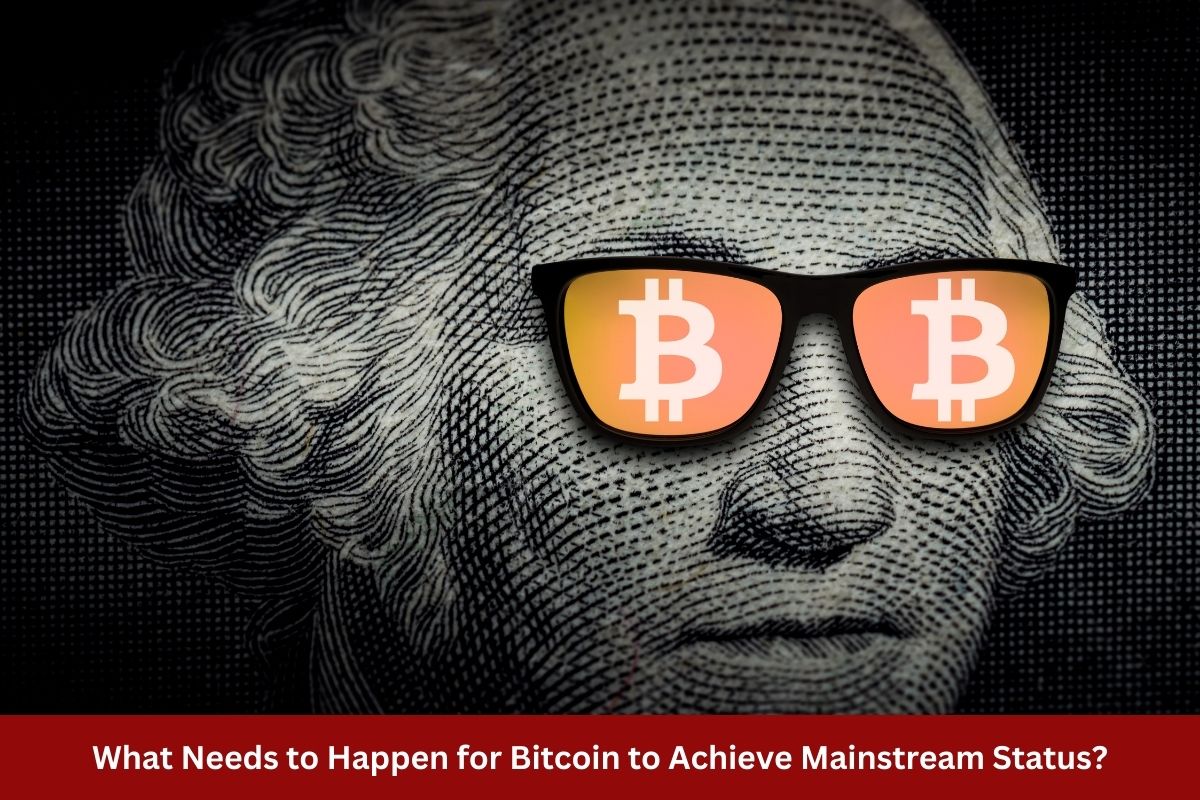Bitcoin is the most famous cryptocurrency on the planet, having gained fame in the late 2010s and inspired various other alternative coins in recent years. Despite having hit a record valuation of more than $60,000 per coin in late 2021, the concept that Satoshi Nakamoto conceived in 2009 has thus far failed to enter the mainstream.
There are many people who believe that it’s online; a matter of time before Bitcoin becomes a global currency. What needs to happen to set the wheels in motion for that future?
Usability and User Experience
Bitcoin’s main struggle on its path to mainstream acceptance has to do with its usability and user experience. In the early days, only computer experts and people in the know were able to get their hands on the currency. Nowadays, it is easier, thanks to digital wallets, but users need to know which specific ones are integrated with cryptocurrency. This means that the user experience can be troublesome. People who want to buy it may have to use an online wallet and then move it to a safer app-based wallet to spend it.
It’s also a question of which retailers accept Bitcoin. Many major brands nowadays have moved towards this digital future, with the likes of Microsoft and Subway being prime examples. However, there are many other places that won’t accept it, meaning that people can’t give up their fiat currencies completely yet.
Gaining Trust in End Users
Throughout Bitcoin’s history, it has enjoyed growth during times of uncertainty in the world’s better-established currency markets. Many of the people who have profited from investing in Bitcoin to date have capitalized by following DXY chart to keep an eye on the fluctuating value of the US dollar against other major currencies around the world.
During tumultuous times, these people have turned to Bitcoin as a safe haven asset, and this has led its value to skyrocket. A few notable examples of this happening in recent years were after Donald Trump’s election and when the UK voted to leave the European Union. Bitcoin has gained more credibility and trust with users at these points in history, and its value has spiked. Still, it needs more to happen for people all over the world to believe in it.
It could need universal government regulation and control before most people start using Bitcoin instead of banks. There should be a transparent and structured framework that helps to encourage the institutional adoption of Bitcoin. When more people learn about its safety and reliability, they may realize that it is a worthy alternative to existing methods of storing funds and making transactions.
Bitcoin still has a long way to go to become a mainstream currency, but there are signs that it could happen soon. Solutions like Bitcoin will become more important as the world becomes fully online and moves towards Web3. In global online spaces, there will be less need for countries to have their own independent currencies.
